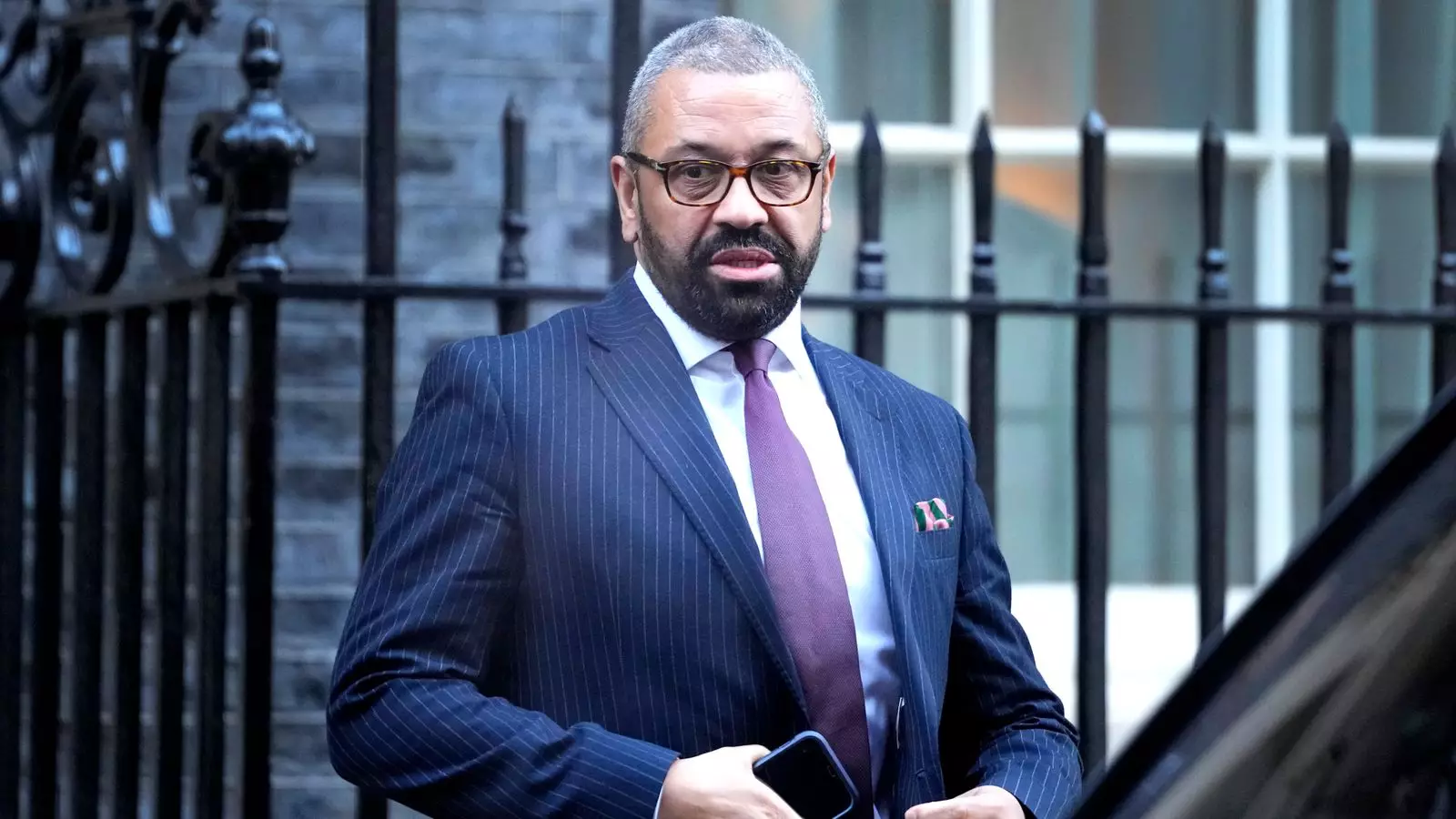The UK government is set to announce a series of measures aimed at reducing the record levels of legal migration. Home Secretary James Cleverly will reveal the details to the House of Commons on Monday, outlining changes to the skilled foreign worker salary requirement, health and social care visas, and the shortage occupation list.
Raising the Minimum Salary Requirement
One of the key measures to be announced is a significant increase in the minimum salary requirement for skilled foreign workers. Currently set at £26,200, this threshold will be raised to over £35,000. The government believes that raising the minimum salary requirement will help reduce the number of migrants entering the country for work purposes.
Revision of Health and Social Care Visas
In addition to the increase in the minimum salary requirement, the government also plans to scale back health and social care visas. The number of visas granted to health and care workers has more than doubled in recent years, raising concerns about the strain on public services. By limiting the number of these visas, the government hopes to alleviate some of the pressure on the NHS and other social care services.
Reform of the Shortage Occupation List
The shortage occupation list, which allows foreign workers to be paid below the standard rate in certain roles suffering from a shortage of skilled workers, will also be subject to an overhaul. The government aims to “widely scrub” the list, ensuring that any exceptions are carefully considered and that a high bar is set for inclusion. This reform is intended to prioritize the employment of UK nationals and reduce reliance on foreign workers.
Prime Minister Rishi Sunak faced criticism from within his own party following the revelation that migration to the UK is at an all-time high, despite the Conservative Party’s previous commitment to reducing numbers. The Home Office figures revealed a record-breaking net migration of 745,000 in the year leading up to December 2022. Immigration Minister Robert Jenrick proposed a five-point plan, including a cap on health and social care visas and an increase in the minimum salary threshold. This pressure from within the party led to the government’s decision to take action.
Controversy Surrounding Visa Limitations
While reducing health and social care visas may seem like a logical step, it is not without controversy. The UK is currently facing a workforce crisis, particularly in the healthcare sector, and the growing NHS waiting list adds to the urgency of the situation. Limiting these visas could further exacerbate staffing shortages and put additional strain on an already overwhelmed system. The government must carefully balance the need to control migration with the need for a functional healthcare system.
In addition to addressing the issue of migration levels, Home Secretary James Cleverly is also working on finalizing a new treaty with Rwanda to salvage the deportation scheme. The Supreme Court ruled the scheme unlawful, highlighting concerns that individuals sent to Rwanda for asylum could face deportation to their home country, which goes against international law. The new treaty aims to address these concerns and ensure compliance with legal obligations. British lawyers may be sent to courts in Kigali as part of this new treaty.
The deportation scheme is a crucial part of Prime Minister Rishi Sunak’s pledge to “stop the boats.” However, the number of people crossing the English Channel in small boats is on the rise. Home Office figures show that as of December 2, 2023, 28,972 migrants have been detected, surpassing the total for the previous year. Nevertheless, this year’s numbers are still 34% lower than the record-breaking 2022 figures. The implementation of the deportation scheme and the success of reducing channel crossings remain key goals for the UK government.
The UK government is taking decisive action to tackle the record levels of legal migration. By raising the minimum salary requirement for skilled foreign workers, revising health and social care visas, and reforming the shortage occupation list, the government aims to reduce the strain on public services and prioritize the employment of UK nationals. The proposed measures, however, come with challenges and potential controversy, particularly in relation to the healthcare sector. Furthermore, the government’s efforts to safeguard the deportation scheme and address the issue of channel crossings demonstrate a commitment to fulfilling its promises and addressing the concerns of its citizens.


Leave a Reply